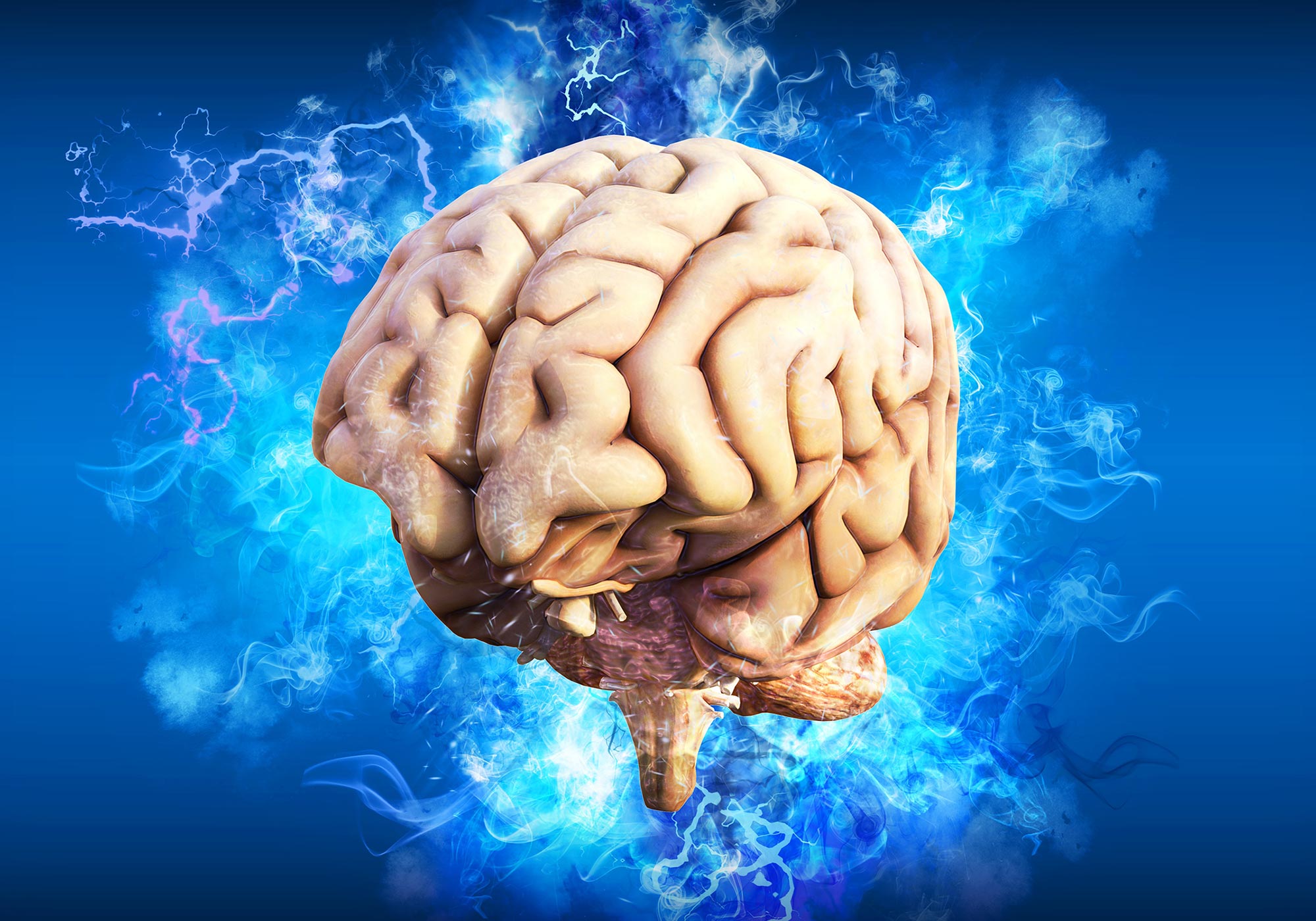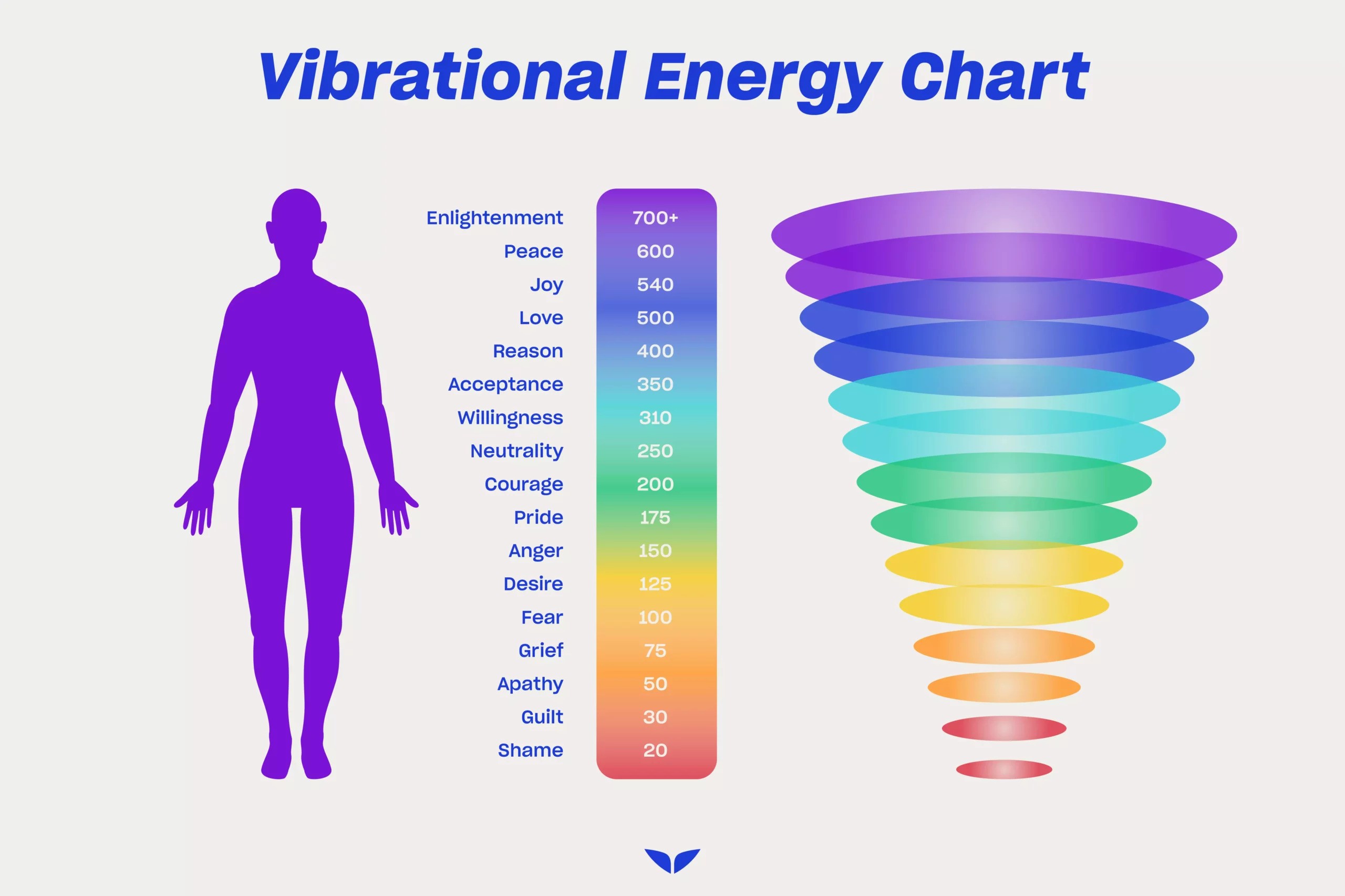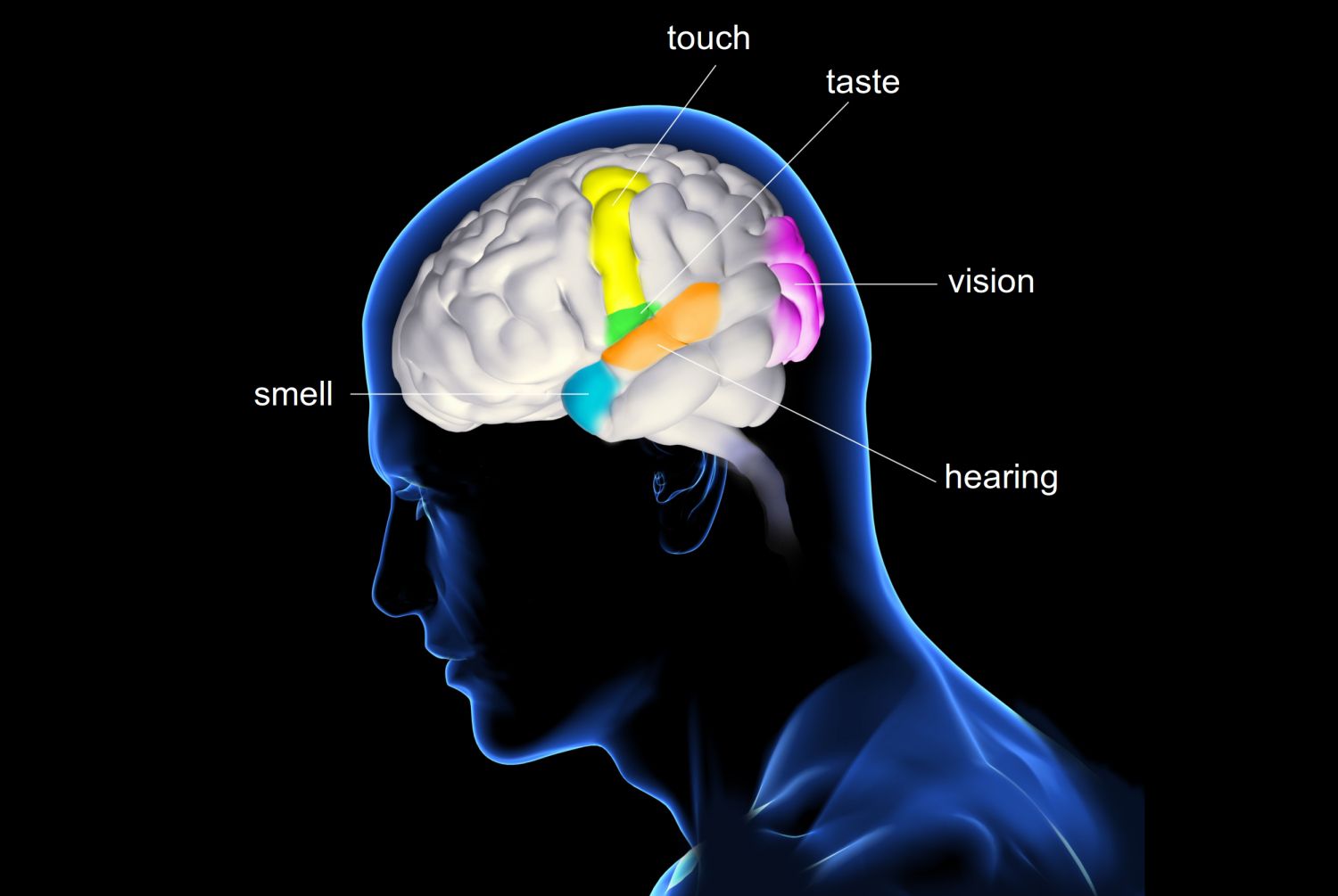Study Of Brain Waves
The electrical activity in your brain is a whirlwind. This is because the cells in your brain, known as neurons, communicate with each other through electricity.
We name brain waves when a group of neurons transmits an electrical signal to another set of neurons. This is due to the fact that a computer-generated electroencephalogram (EEG) test, which detects and monitors electrical activity in the brain, produces a picture that resembles a wavelike pattern. From very slow to very fast, there are five primary types of brain waves.
In the middle of that succession of waves are the alpha waves. When you're awake but not actually concentrating on anything, your brain produces these waves.
We'll look at what alpha brain waves are, what functions they fulfill, and how they compare to other brain waves in this post.
Study Of Brain Waves
1. Theta Brain Waves
Although research on theta brain waves is sparse, some new material has emerged in recent years.
Take a look at the findings of a modest 2017 brain wave study. The results of wireless implants that recorded brain wave activity in four subjects were evaluated by the researchers.
When the participants were attempting to move around in a new area, theta wave oscillations intensified. Furthermore, the researchers discovered that when the study participants moved quicker, theta wave activity increased.
Another study from 2017 looked into how theta wave activity appears to be linked to one sort of learning. This form of learning happens when you're doing something you might not be aware of, such as learning to ride a bike. Implicit learning is the term for this type of learning.
Examining brain wave activity, according to this study, could be useful in determining how to train people to learn specific types of information or execute specific tasks.
The evidence of theta wave activity may also be used to detect illnesses such as Alzheimer's disease, according to the researchers.
Furthermore, a previous study suggests that discovering techniques to increase particular alpha and theta wave activity could help people with generalized anxiety disorder feel less anxious (GAD).
More research is needed to show how theta brain wave patterns can be employed to aid learning and memory formation, as well as to reduce anxiety.
2. Alpha Brain Waves
When your brain emits these waves, it's responding to activities like meditation and rest, which can help you feel less stressed and more relaxed. If you can produce alpha brain waves, you're likely to be able to enter a state that will allow you to rest and relax.
Increasing your alpha waves may also help you be more creative. In a 2015 study, researchers discovered evidence that focusing on boosting alpha waves could lead to an increase in creativity.
The study was tiny, with only 20 participants, but as a randomized experiment, it showed potential for using noninvasive brain stimulation to increase alpha brain wave generation.
3. Delta Brain Waves
Delta waves are the slowest brain waves ever recorded in humans. They're most common in babies and toddlers, and they're linked to the deepest levels of relaxation and restorative, healing sleep. Brain damage, learning issues, inability to think, and severe ADHD are all common symptoms of Delta. If this wave is inhibited, it prevents the body from rejuvenating and the brain from rejuvenating, as well as bad sleep. Delta wave generation that is enough boosts the immune system, natural healing, and restorative/deep sleep, making us feel entirely renewed.
4. Gamma Brain Waves
Gamma waves indicate that your focus has reached its maximum level. In other words, gamma waves are produced when your brain is extremely focused and actively involved in addressing an issue. They aid in the processing of data.
People with learning disabilities or decreased mental processing may not create as many gamma waves, according to research.
Types Of Brain Waves
1. Gamma
When you're actively processing information and learning, your brain creates the fastest of brain waves, gamma waves. These brainwaves, which tend to register above 35 Hz, show that you're focused and solving difficulties.
2. Beta
You're wide awake, attentive, and concentrated when your brain waves are like this. You're going about your everyday activities and making decisions. Higher-frequency beta waves, measuring between 12 and 35 Hz, are produced while your brain is in this state.
3. Alpha
Alpha waves, as previously stated, are in the middle of the brain wave range.
When you're not concentrating too hard on something, your brain produces these waves. You're probably calm and relaxed regardless of what you're doing. These waves have a frequency of 8 to 12 Hz.
4. Theta
Your brain may produce more theta waves when you sleep lightly or when you're extremely relaxed. Theta waves have a frequency of 4 to 8 Hz.
5. Delta
Your brain produces delta waves, which are the slowest sort of brainwave when you're deep in a dreamless slumber. They have a frequency range of 0.5 to 4 Hz.
The bottom line
It's possible that you're experiencing the improper kind of brainwaves for the work at hand if you're trying to focus or execute tasks and feel tired, fatigued, or foggy. When you're thinking, researching, or working, you should ideally have quantifiable Beta brainwaves. If you're getting Theta or Alpha waves instead, your brain may need to be redirected or retrained, which will help you focus better.
Whether you're aware of it or not, your brain is always buzzing with electrical activity.
One sort of electrical pulses in your brain will dominate at different periods of the day, depending on what you're doing. You're most likely in a state of wakeful relaxation when your brain's alpha waves are dominant.
Mindfulness and meditation are two relaxation practices that may help you boost your alpha waves. As a result, you may feel calmer, less stressed, and, according to some research, your creative levels may even increase.



